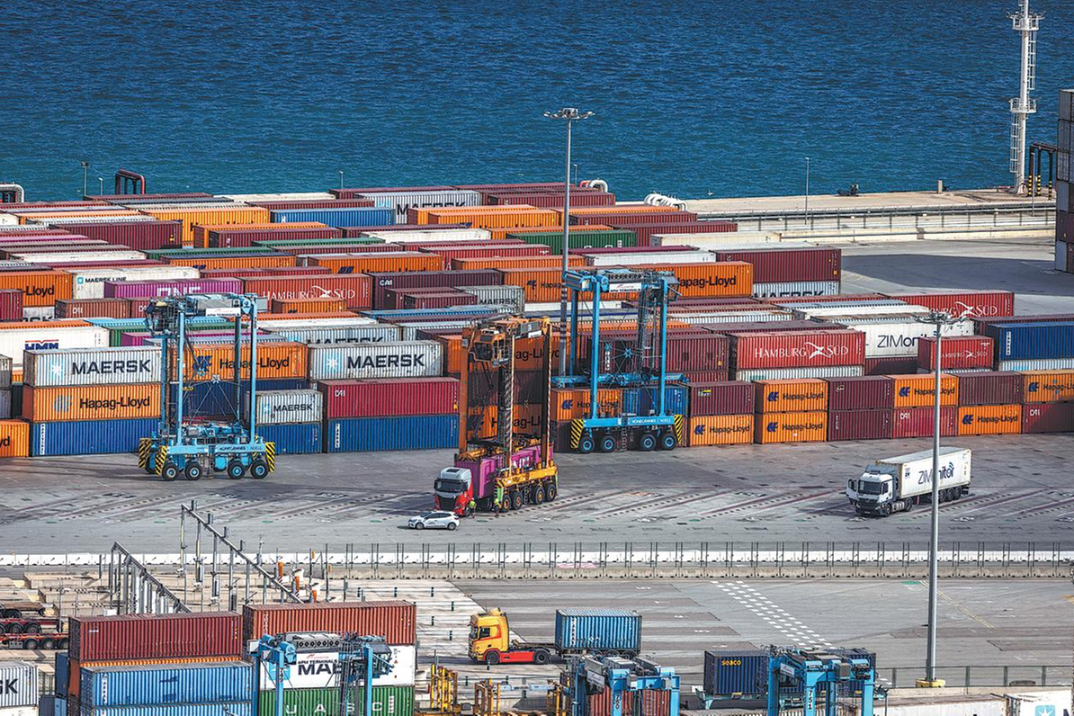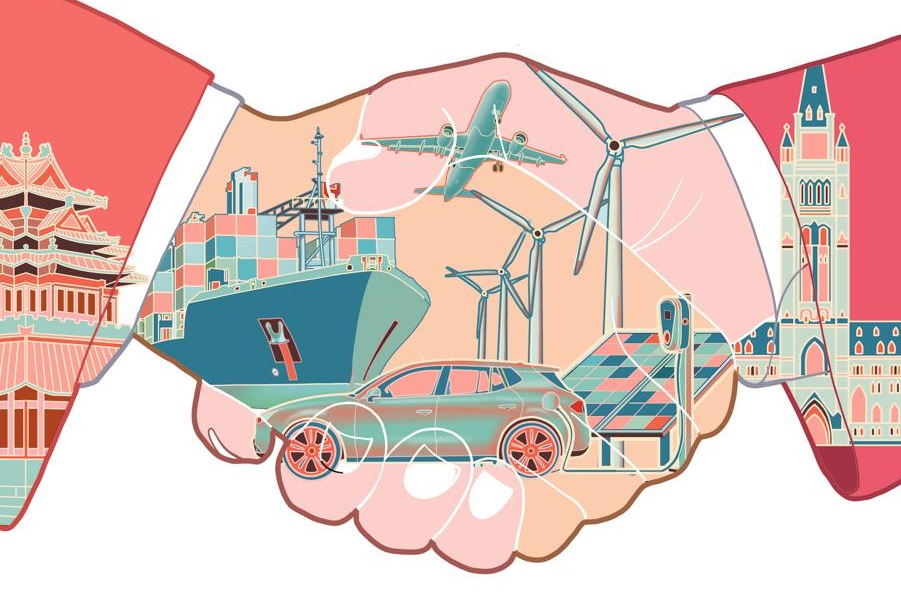Partnership between EU and US is no longer rosy

Is the United States still the "closest partners, friends and allies" of the European Union?
The EU's mainstream media outlets and opinion leaders have been questioning the cross-Atlantic partnership after the US announced that starting on June 1 it would impose additional duties of 25 percent on steel and 10 percent on aluminum imports from the EU amid the endless talks with the Donald Trump administration.
The EU has vowed to take tit-for-tat measures while the bloc's trade commissioner Cecilia Malmstrom termed May 31, when the US announced the decision, as a "bad day" for world trade. Malmstrom's reaction follows European Council President Donald Tusk's strong criticism of US President Trump's policy of dealing with an ally. In fact, last month Tusk said that Trump practices a policy of "capricious assertiveness".
Tusk even pointed out that the EU should be grateful to Trump "because thanks to him we have got rid of all illusions". Public opinion within the EU has also been downbeat about the across-Atlantic relationship ever since Trump won the US presidential election in 2016 and entered the White House in January 2017.
No wonder the summit between Donald Trump and European leaders in May 2017 was downgraded to a leaders' meeting, and it lasted just about one hour in Brussels. Trump has held many summits with global leaders, but no such summit has taken place between Washington and Brussels.
But diplomacy is still diplomacy.
On Friday, when European Commission Vice-President Federica Mogherini and China's State Councilor Wang Yi met journalists in Brussels after their strategic talks, Mogherini said it does not mean the US "are not our closest partners and friends and allies, they remain such" despite the rising trade tensions and Trump's decision to impose additional tariffs on EU imports.
Mogherini refrained from saying the obvious perhaps because European leaders are scheduled to meet with Trump on Friday and Saturday at the G7 Summit in Canada's Charlevoix. It is possible she did not want to further worsen the situation and, instead, wanted to buy more time for both sides to settle their differences, control risks and shape a new consensus to stabilize their relations.
It can be put this way: if EU leaders (including those from the United Kingdom, France, Germany and Italy) cannot reach a new consensus on trade, security and multilateralism with Trump, the outcomes of the G7 Summit will be very, very limited. And if they do reach an understanding in Charlevoix, the annual meeting among the world's most advanced economies could still offer public goods to the global economy, which faces rising trade disputes, financial hegemony, geopolitical threats, isolationism, populism and unilateralism.
However, that would be expecting too much from Trump, and suppose that happens, it would be a miracle.
Originally, the EU hoped to achieve an ambitious deal, the Transatlantic Trade and Investment Partnership, with the US when Barrack Obama was US president. After Trump succeeded Obama, the deal has been all but dead with no signs of resumption of negotiation.
The TTIP deal was among the EC's 10 priorities for the 2014-19 period. But it seems it has been already scrapped. The Trump administration has dealt a heavy blow to multilateralism and the EU by pulling out of the hard-won Paris climate change agreement and the Iran nuclear deal, as they reflected the EU's mediating capability on the global stage. Besides, by leaving the Paris-based UNESCO and challenging the role of the Geneva-based World Trade Organization, the US administration has undermined the EU's efforts to make global governance truly multilateral and rule-based.
The developments across the Atlantic over the past few months show the relationship between the US and the EU is not as close as before, and mutual mistrust is rapidly increasing.
Otherwise, the two sides would not be dancing to different tunes on the global stage.
The author is deputy chief of China Daily European Bureau.
fujing@chinadaily.com.cn


































